Sinistea has made its return in Pokémon Scarlet and Violet, and Game Freak has given players a new reason to hunt down this Ghost type. But before you can do so, you’ll need to know exactly where to find it in the Paldea region.
While some players may be looking for a Sinistea to add to their teams, others may have a different purpose for finding the creature: When you fight Sinistea, you have a chance to earn Sinistea Chips as a reward. And if you own a copy of Violet and gather 10 of those items, you can trade them for the Malicious Armor in Zapapico. The Malicious Armor can then be used to evolve Charcadet into Ceruledge.
Regardless of your reason for catching this Ghost type, you’ll want to search a couple of areas around the Paldea region. Sinistea doesn’t appear frequently around the map, but once you know where to look, it’s not too difficult to find. Here are all the locations where you can find Sinistea in Pokémon Scarlet and Violet.
All Sinistea locations in Pokémon Scarlet and Violet
If you take a peek at Sinistea’s Pokédex entry in the image below, you’ll notice it says the Ghost-type species lives among ruins and near towns and cities. The map in its entry, however, shows only two locations where the creature spawns: Zapapico in eastern Paldea (Area Three) and just outside of Alfornada in the southern region of the map (Area Six). Additionally, you can also find Sinistea in Tera Raid Battles—although your safest bet is to stick to wild spawns if you want to speed up the process.
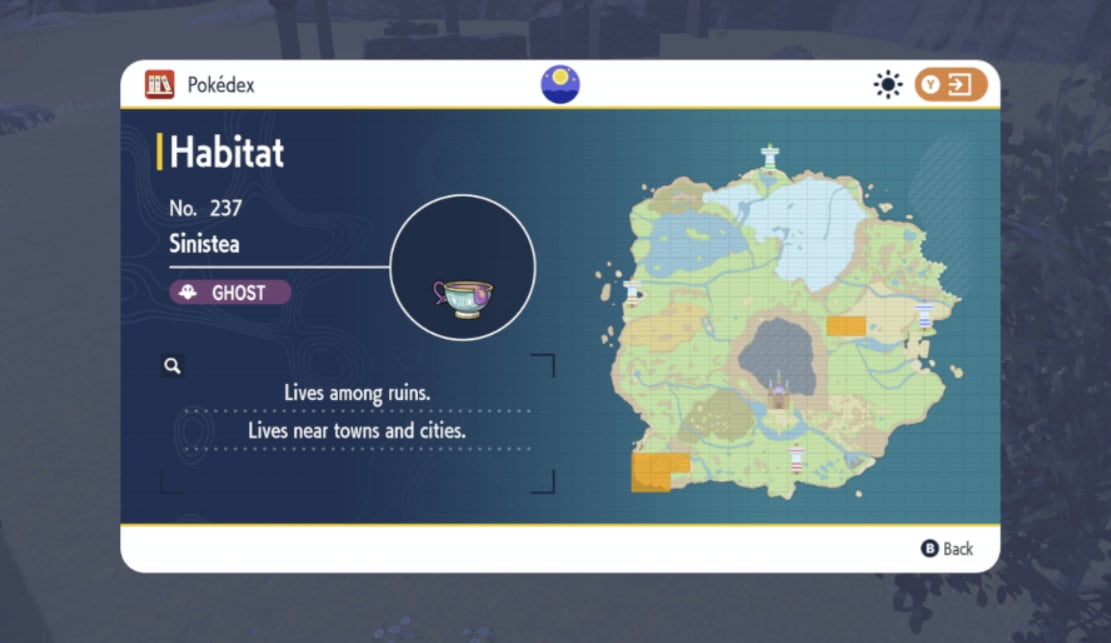
Here are all the locations where you can catch Sinistea in Paldea:
- Zapapico – East Province (Area Three)
- Alfornada – South Province (Area Six)
- Tera Raid Battles
Best location to catch Sinistea
For those of you who are only here for Sinistea Chips, it’s not a bad idea to keep your search confined to Zapapico since you’ll need to visit this location to trade the chips for the Malicious Armor. But if you’re closer to the southwestern side of the map or you’re further along in the game, you might prefer visiting Alfornada instead. Pokémon Scarlet and Violet are open-world games, though, so the decision is totally up to you; it makes no major difference in the end.
If you decide on Zapapico, you can find Sinistea just outside of the east Poké Stop location. I had a much easier time finding it here at night, and if you choose this location, the Sinistea’s level will be in the high 20s. Those of you who want a bit higher of a level can fly to Alfornada’s PokéStop and head west. Sinistea will spawn in the open grass between the city and the Alfornada Cavern around level 40.
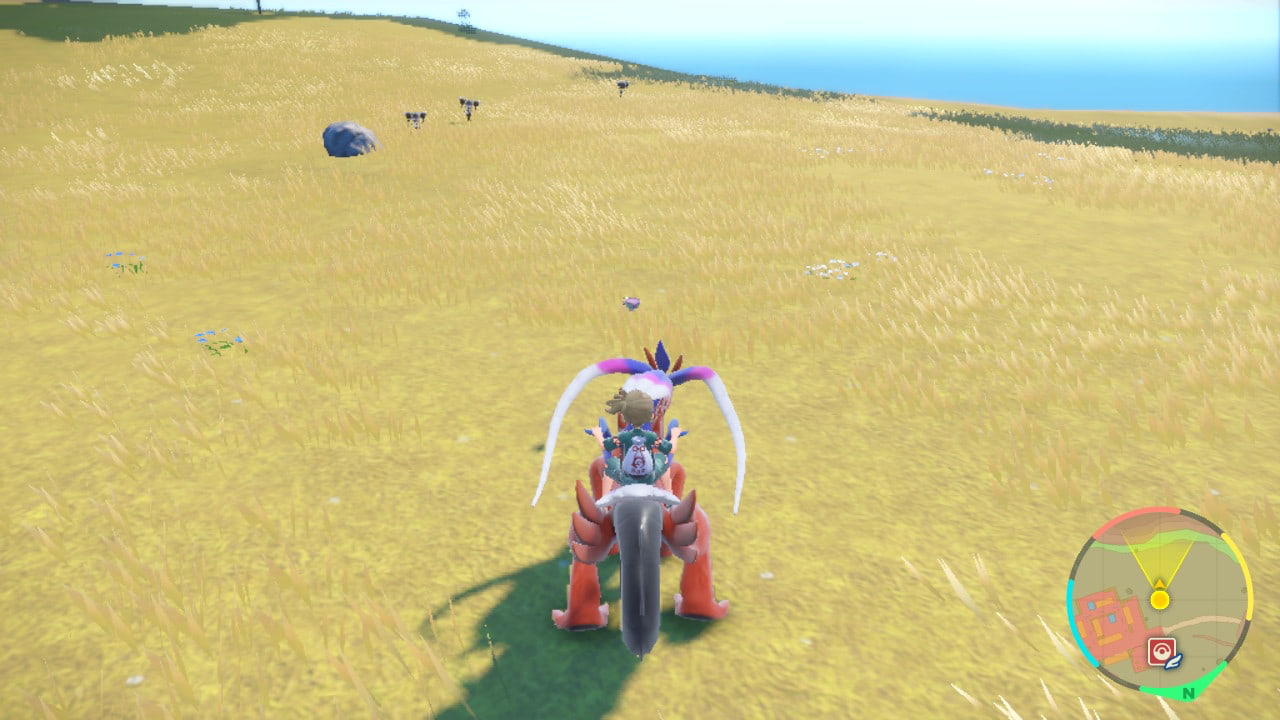
Regardless of which location you visit, be sure to keep your eyes peeled; Sinistea is very small and can be quite easy to miss, as shown in the image above. It floats in the air and blends into the background—especially at night time. Guess that checks out for a spooky Ghost type, huh?
Phony Form and Antique Form Sinistea explained
When you catch a Sinistea, you’ll either get a Phony Form or an Antique Form. The difference between the two is miniscule; Antique Sinisteas have a small, dark marking at the bottom of their cup, whereas Phony ones don’t. Antique Sinisteas are much more rare than Phony ones, and it took us about 15 minutes of searching before we found the real deal. Luckily for players, though, you can see this mark in the overworld and know which type of Sinistea you’re dealing with before you get in battle to hasten the process.
There aren’t any other major appearance or stat differences between Phony and Antique Sinisteas outside of their evolution method: Antique Sinisteas evolve with a Chipped Pot, while a Phony Sinstea needs a Cracked Pot. Both the Chipped and Cracked Pots can be found at the Auction House in Porto Marinada, with a small probability of appearing at one of the vendors in the area.
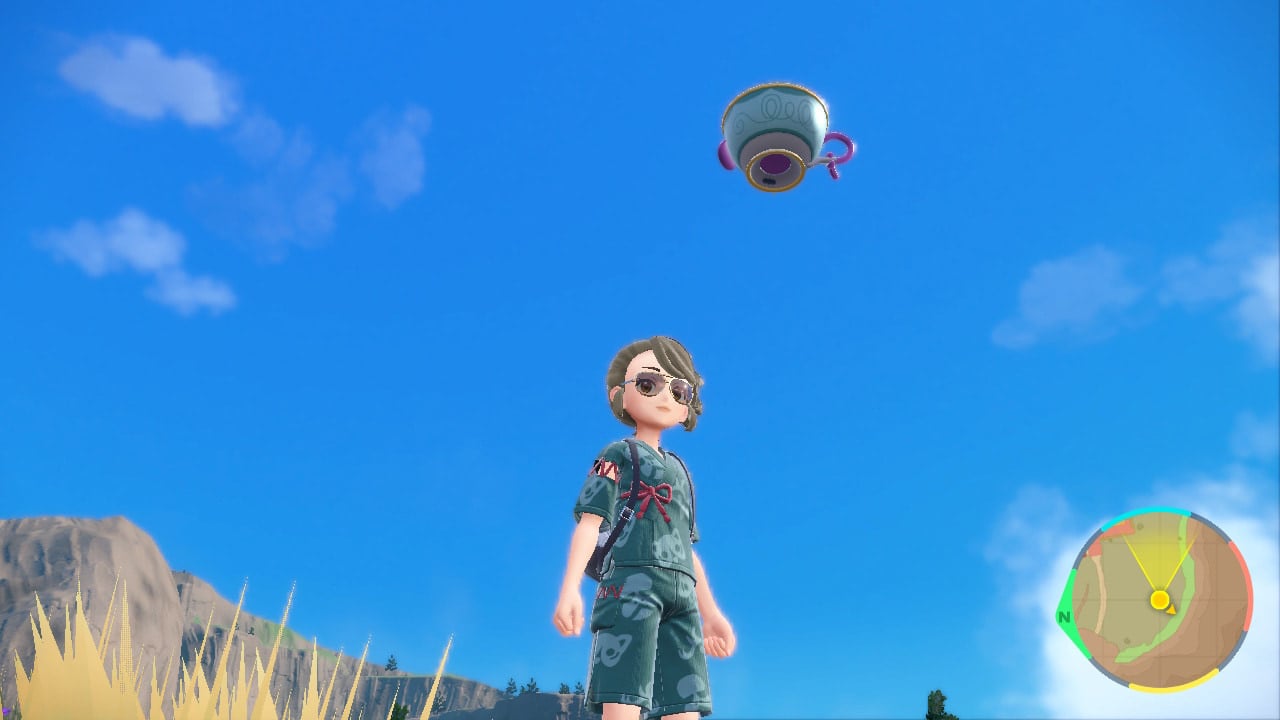
To see whether your Sinistea is Antique or Phony, approach it while it’s out of its Poké Ball or in the wild, and pan the camera upwards to inspect the bottom of the teacup. You should see the blue label on the bottom, as shown in the image above. Sinistea isn’t aggressive, meaning you can get very close to it and it won’t attack you. Other inhabitants of these areas (Bombirdier, we’re looking at you!) aren’t as nice and may attack while you’re slowly observing a Sinistea’s backside.


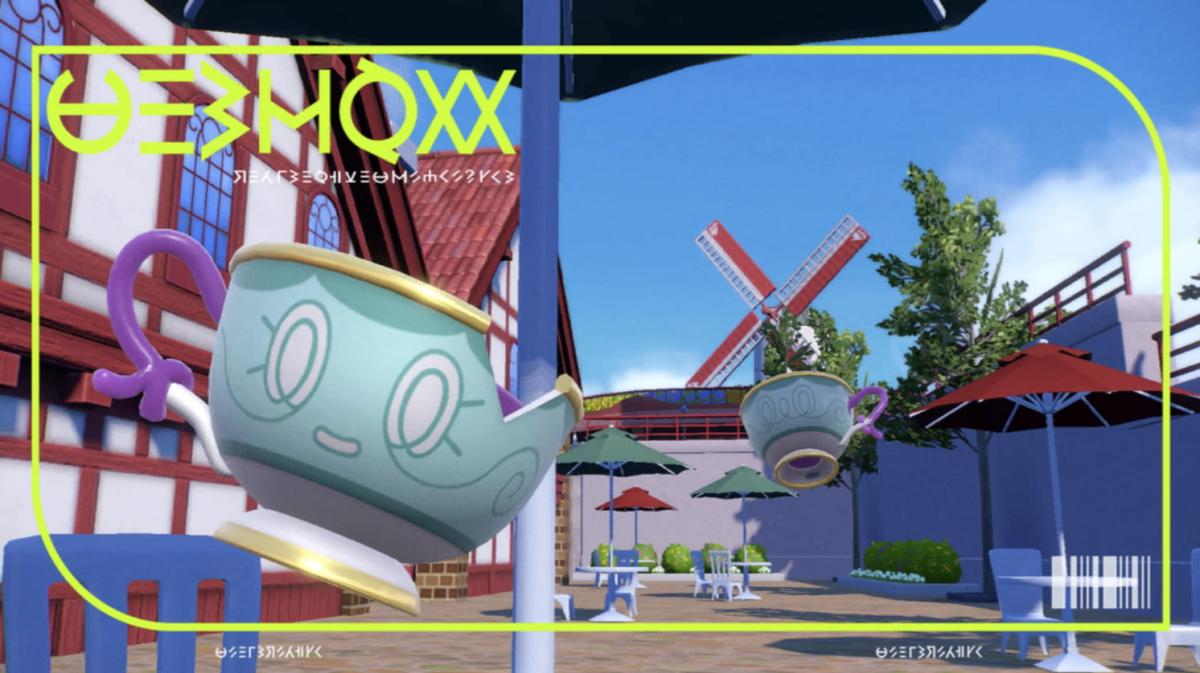
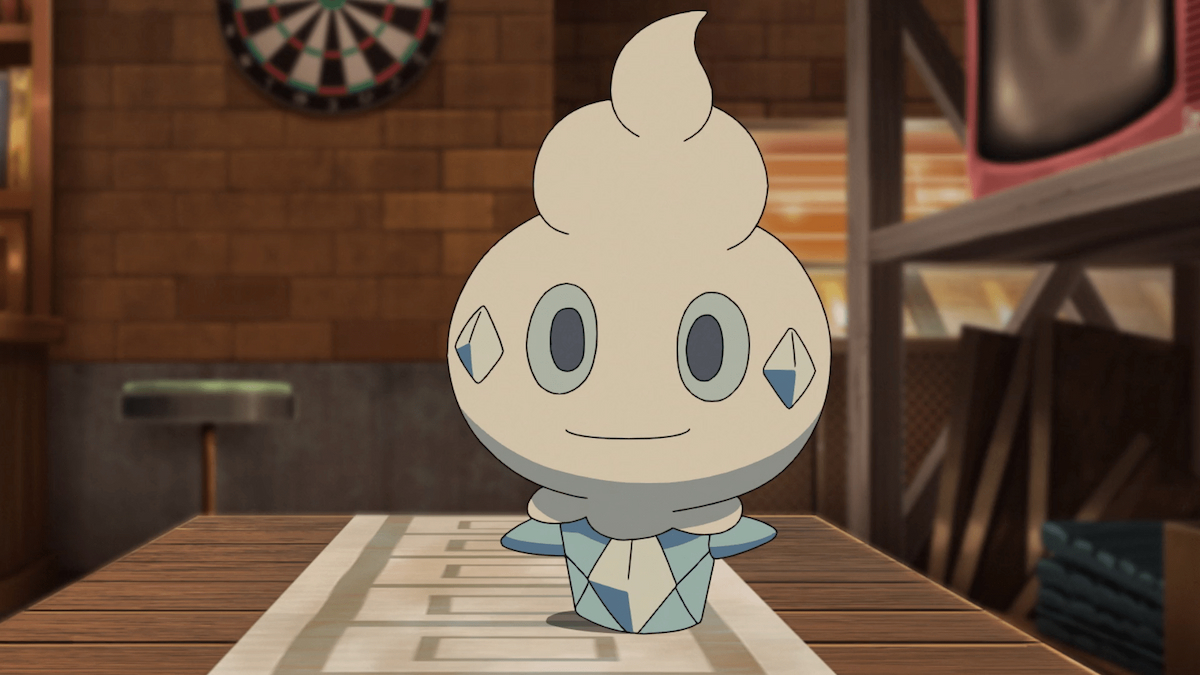
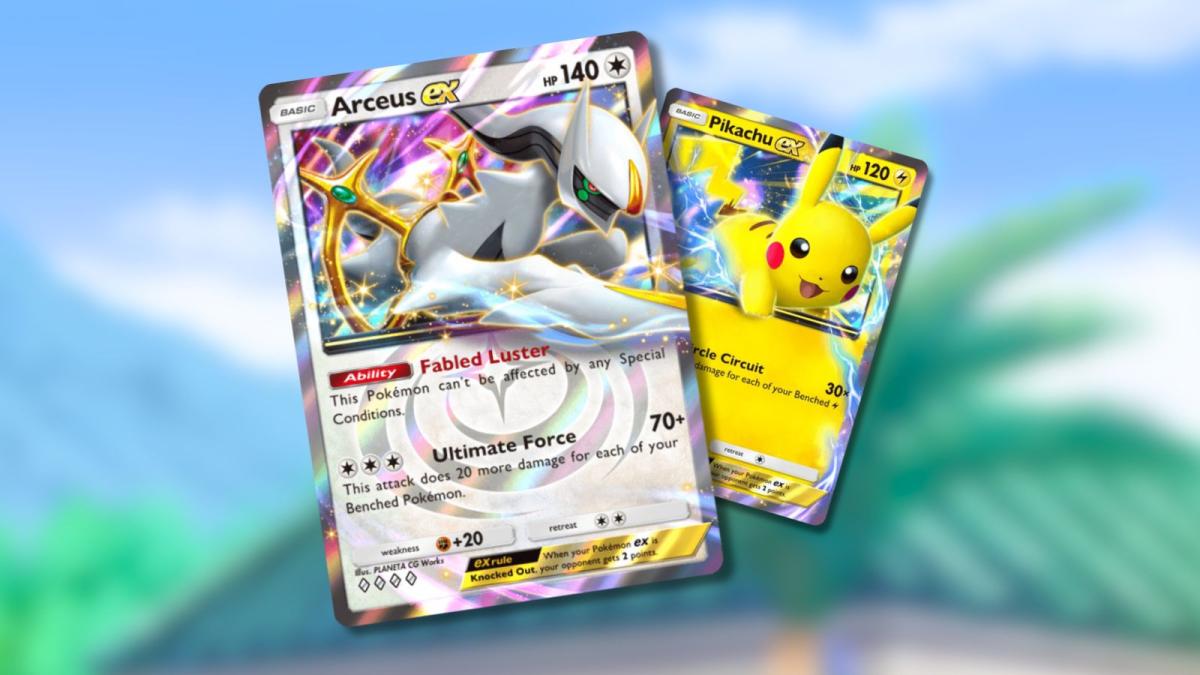
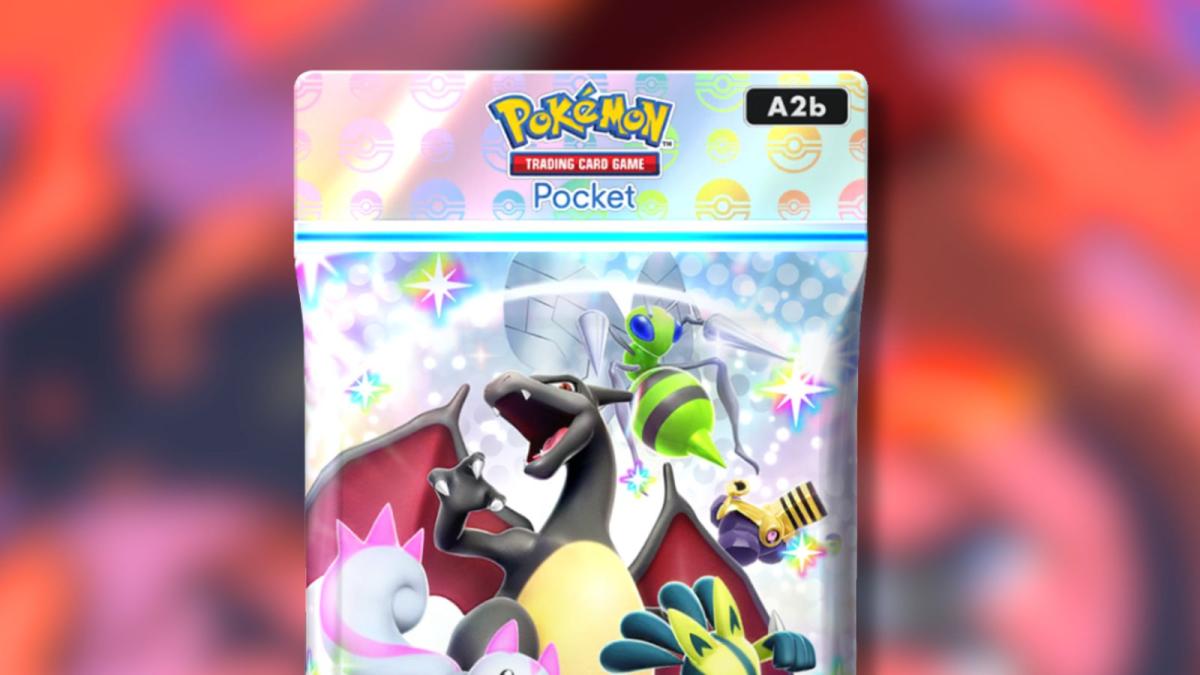
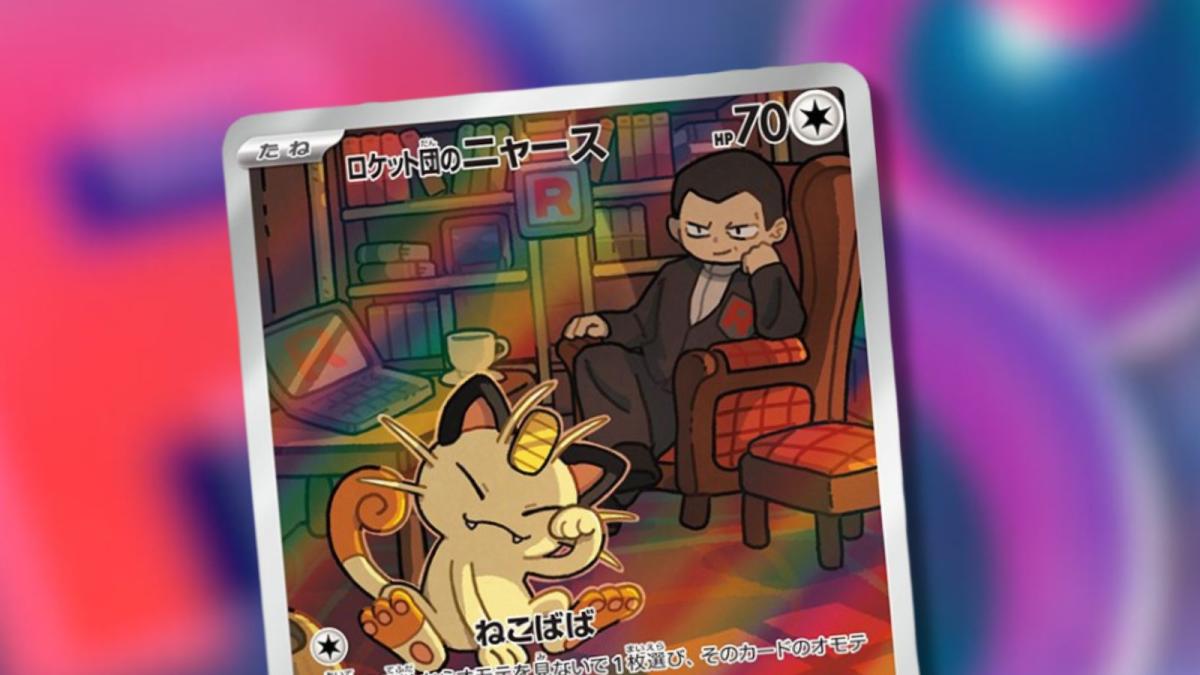
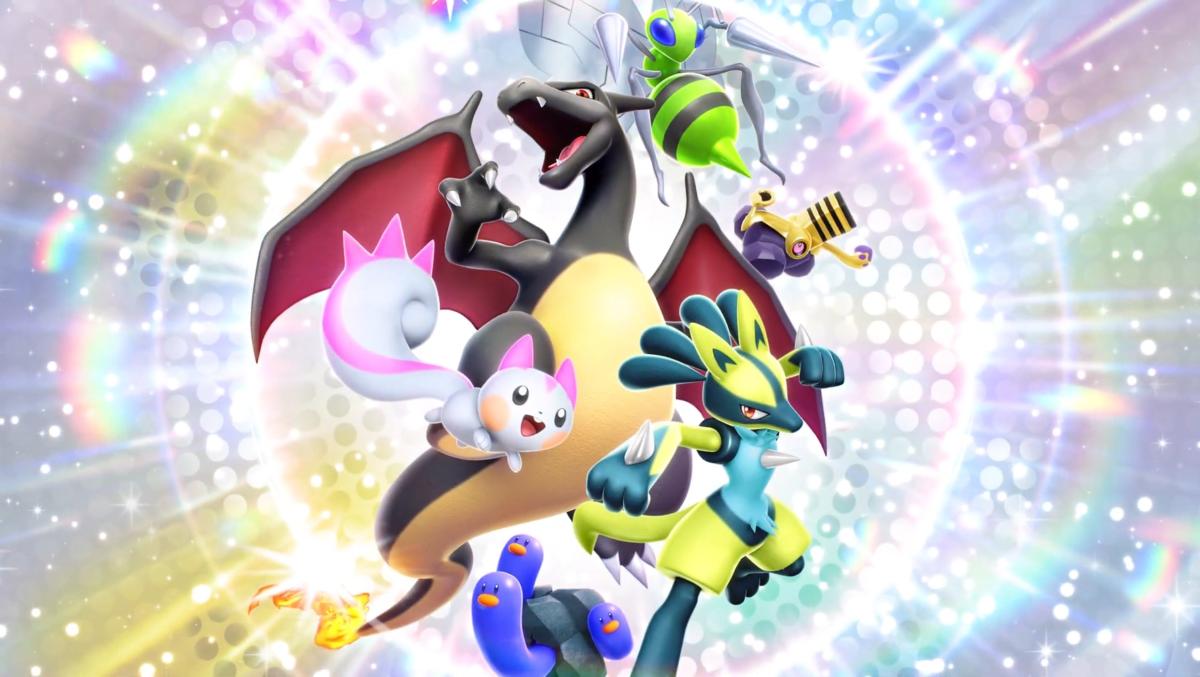

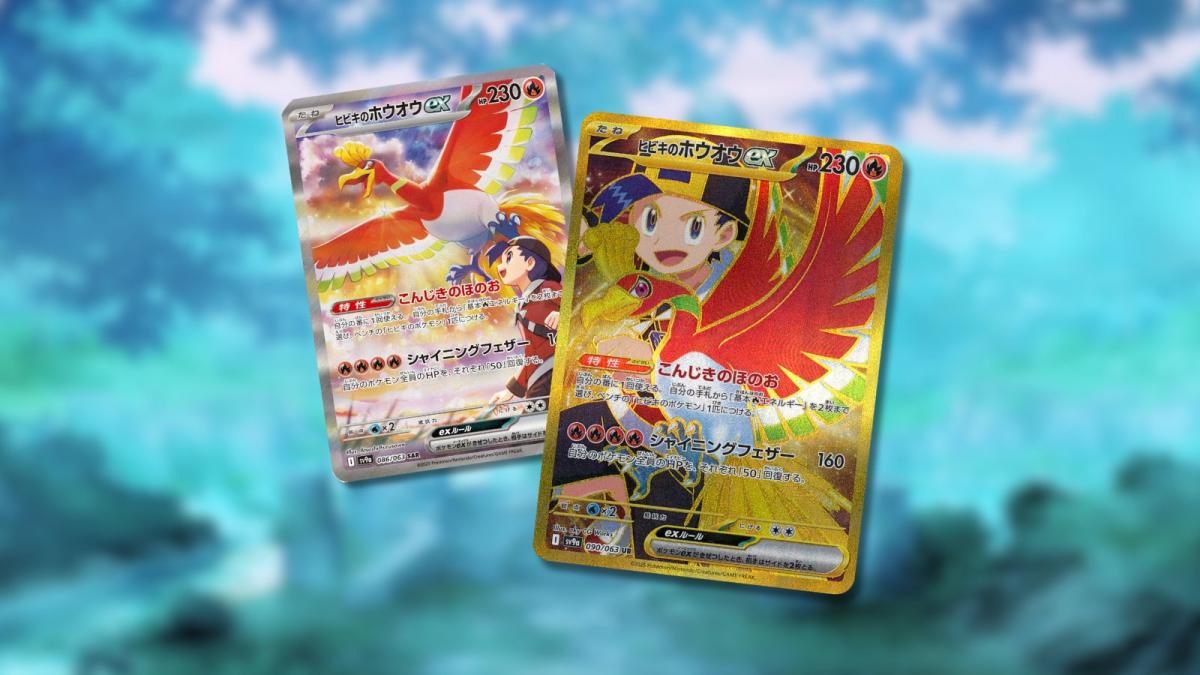
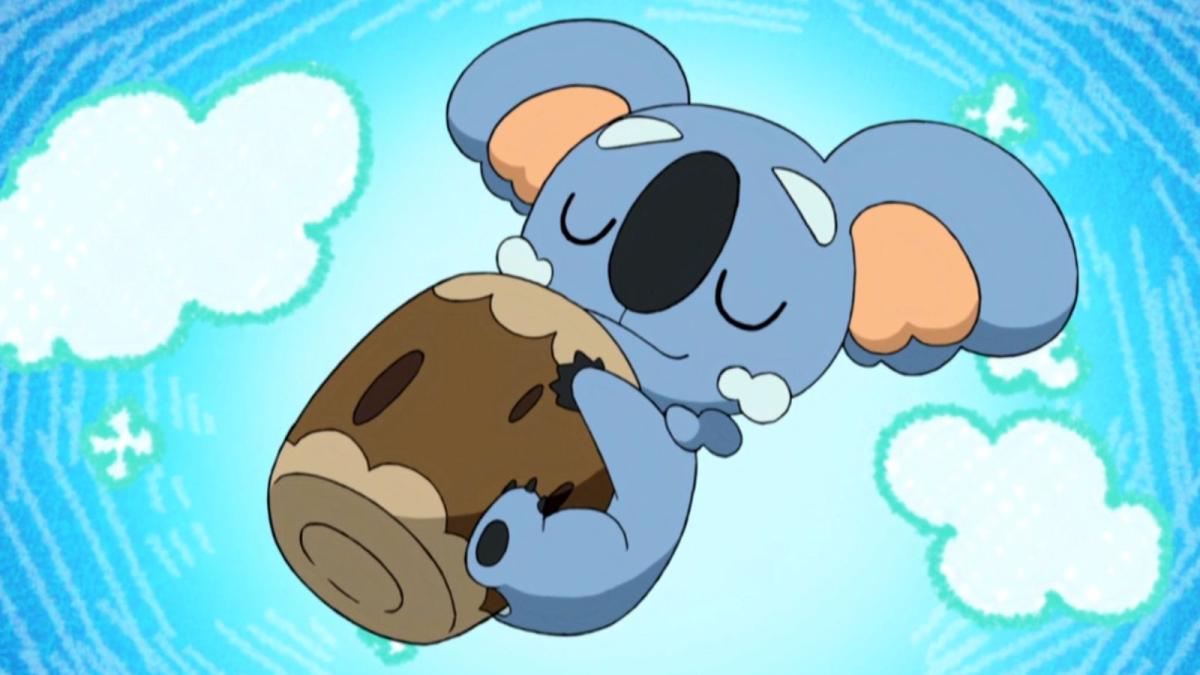


Published: Sep 17, 2024 05:35 pm